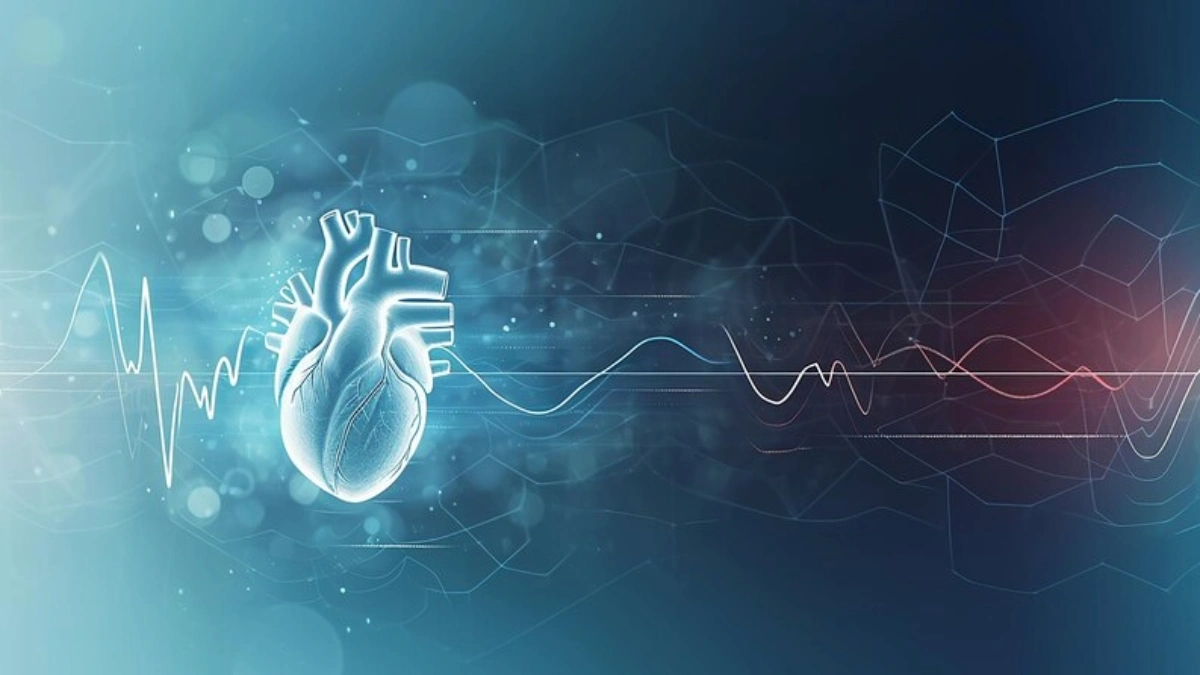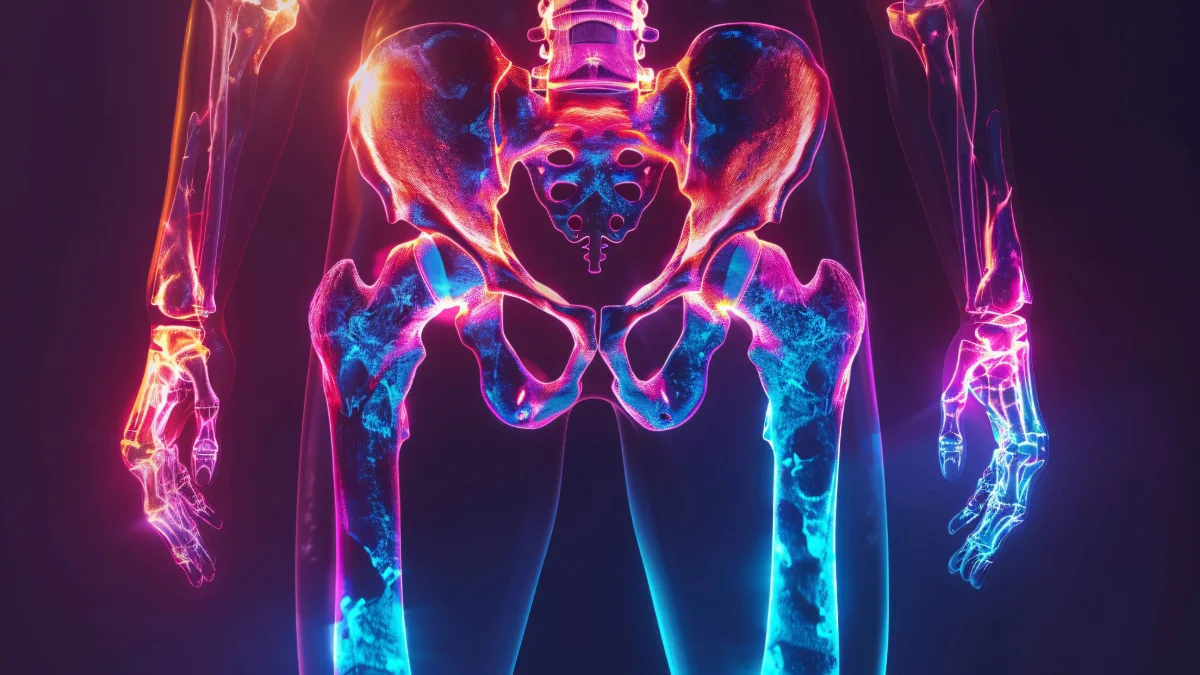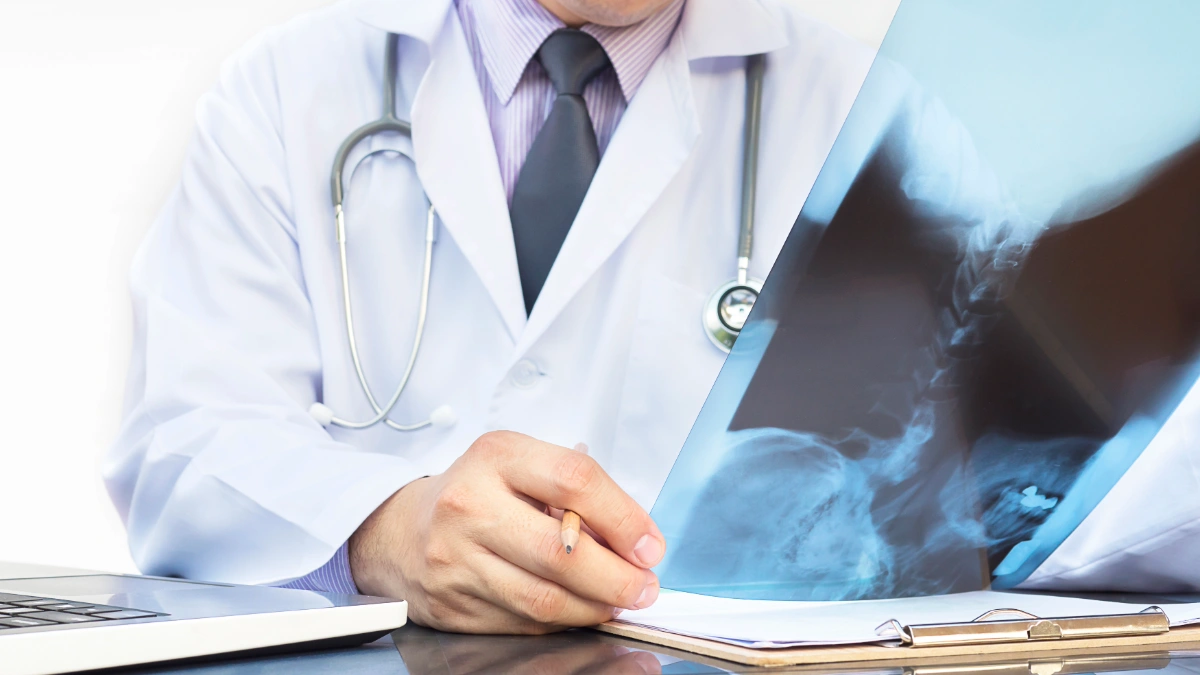Heart rhythm problems (arrhythmia) treatment in Turkey is recognized as a world-class option for patients seeking innovative and reliable solutions to manage irregular heartbeats. We provide a detailed overview covering every aspect of arrhythmia—from symptoms and causes to diagnosis and treatment options—ensuring you have the most complete resource available.
Heart Rhythm Problems (Arrhythmia)
Heart rhythm problems (arrhythmia) occur when the heart beats too quickly, too slowly, or irregularly. While some arrhythmias may be harmless, others can significantly impact your overall health. We understand the anxiety and uncertainty that irregular heartbeats can cause, and we are committed to guiding you through each step of understanding and managing these conditions.
Symptoms of Heart Rhythm Problems
Patients may experience a range of symptoms, including:
- Pounding, racing, or fluttering heartbeats (heart palpitations) that may last from a few seconds to several minutes
- Shortness of breath
- Lightheadedness or dizziness, sometimes leading to fainting spells
- Fatigue and chest discomfort
Recognizing these symptoms early is essential for timely diagnosis and effective treatment.
Causes of Heart Rhythm Problems
Arrhythmias often result from issues within the heart’s electrical system. Common causes include:
- Atrial fibrillation or supraventricular tachycardia (SVT)
- High blood pressure, coronary heart disease, or heart valve disease
- Previous heart attacks or Wolff-Parkinson-White syndrome
- External factors such as certain medications, caffeine, alcohol, smoking, or drug use
Understanding these causes helps us address the root of the problem for each individual.
Diagnosis of Heart Rhythm Problems Treatment in Turkey
Our comprehensive diagnostic process begins with a thorough evaluation of your medical history and symptoms. We perform various tests to pinpoint the precise nature and origin of the arrhythmia.
Tests
Diagnostic tests commonly used include:
- Electrocardiogram (ECG or EKG): A quick test that measures the heart’s electrical activity.
- Holter Monitor: A portable device worn for 24 hours or more to record heart activity during daily activities.
- Event Recorder: Used for up to 30 days to capture irregular heart rhythms when symptoms occur.
- Echocardiogram: Utilizes sound waves to produce images of the heart, evaluating its structure and function.
- Implantable Loop Recorder: For infrequent symptoms, this device is implanted under the skin to continuously record electrical activity.
Additional tests, such as stress tests, tilt table tests, and electrophysiological (EP) studies, may be employed if initial tests do not reveal the arrhythmia.
Treatment of Heart Rhythm Problems Treatment in Turkey
Medicines
Medication is often the first line of treatment. Depending on the type of arrhythmia, patients may be prescribed:
- Beta-blockers or antiarrhythmic drugs to control heart rate and rhythm
- Blood thinners in cases such as atrial fibrillation to prevent blood clots
Therapies
In addition to medication, several non-pharmacological therapies can be effective:
- Vagal Maneuvers: Simple techniques like coughing or bearing down can help slow a rapid heartbeat.
- Cardioversion: An electrical shock may be used to reset the heart’s rhythm when other methods prove ineffective.
Surgery or Other Procedures
For more persistent or severe arrhythmias, interventional procedures may be necessary:
- Catheter Ablation: A procedure that uses heat or cold energy to scar and block the abnormal electrical pathways.
- Pacemaker Implantation: A small device inserted under the skin to help regulate a slow heartbeat.
- Implantable Cardioverter-Defibrillator (ICD): Continuously monitors heart rhythm and delivers shocks if a life-threatening arrhythmia occurs.
- Maze Procedure: A surgical technique that creates scar tissue to block abnormal signals and restore regular rhythm.
- Coronary Bypass Graft Surgery: Often necessary when severe coronary artery disease coexists with arrhythmia.
Types of Arrhythmia
Arrhythmias are broadly categorized based on the speed of the heart rate.
Fast Heartbeat, Called Tachycardia
A tachycardia is defined as a heart rate exceeding 100 beats per minute. This can be further categorized into several types.
Types of Tachycardias Include:
- Atrial Fibrillation (AFib): Characterized by chaotic electrical signals leading to an uncoordinated heartbeat; often linked to an increased risk of stroke.
- Atrial Flutter: Similar to AFib but with more organized electrical activity.
- Supraventricular Tachycardia (SVT): A group of arrhythmias that originate above the ventricles, often causing sudden, pounding heartbeats.
- Ventricular Fibrillation: A life-threatening condition where rapid, erratic signals cause the ventricles to quiver rather than contract efficiently.
- Ventricular Tachycardia: A rapid heart rate originating in the ventricles, which may lead to inadequate blood flow and can be an emergency in patients with underlying heart disease.
Slow Heartbeat, Called Bradycardia
A heart rate of less than 60 beats per minute may be normal in some individuals, especially those who are very fit. However, when bradycardia results in insufficient blood flow, it may require intervention.
Premature Heartbeats
Premature heartbeats, whether atrial or ventricular, are extra beats that occur before the regular heartbeat. Although they are typically not dangerous, frequent occurrences may indicate an underlying issue that requires further evaluation.
How Common is Arrhythmia?
Estimates suggest that approximately 1.5% to 5% of people experience arrhythmias, although many cases remain undiagnosed due to a lack of symptoms.
What are the Warning Signs of Arrhythmia?
Common warning signs include:
- Heart palpitations
- Dizziness or lightheadedness
- Fainting episodes
- Shortness of breath
- Chest discomfort
Main Cause of Arrhythmia
The majority of arrhythmias result from an underlying issue with the heart’s arteries, valves, or muscle structure.
Risk Factors for Arrhythmia
Risk factors include:
- Tobacco use
- Alcohol consumption
- Caffeine and stimulant intake
- High blood pressure and high BMI
- Elevated blood sugar and sleep apnea
Complications of Arrhythmia
If left untreated, arrhythmias can lead to complications such as:
- Cardiomyopathy (weakening of the heart muscle)
- Cardiac arrest
- Stroke
Management and Treatment
Lifestyle Changes
Adjustments that can significantly improve your heart health include:
- Managing blood pressure and blood sugar
- Avoiding tobacco and limiting alcohol
- Reducing caffeine and stimulant consumption
- Achieving and maintaining a healthy weight
Therapies
In addition to medications, we offer therapies such as:
- Cardioversion
- Catheter Ablation including pulmonary vein isolation to target the areas responsible for atrial fibrillation
Devices
For patients requiring continuous heart rhythm management, we provide devices such as:
- Permanent Pacemakers: To help maintain a regular heart rate
- Implantable Cardioverter Defibrillators (ICDs): For life-threatening arrhythmias
- Biventricular Pacemakers (CRT): To synchronize heart contractions in patients with heart failure
Surgery
Surgical interventions may be necessary in cases where other treatments have not been effective:
- Maze Procedure
- Coronary Bypass Graft Surgery
- Minimally invasive lead placement for biventricular pacing
Prevention
Preventing arrhythmias involves addressing modifiable risk factors. We recommend:
- Ceasing tobacco use
- Limiting alcohol consumption
- Reducing caffeine intake
- Avoiding stimulants in over-the-counter medications
- Managing blood pressure and blood sugar
- Achieving a healthy weight
- Treating sleep apnea
- Avoiding known triggers
Conclusion
We remain dedicated to providing advanced Heart rhythm problems (arrhythmia) treatment in Turkey, ensuring that every patient receives comprehensive, empathetic, and state-of-the-art care. At Avicenna International Hospital, we combine our expertise in diagnostic precision, personalized treatment plans, and innovative procedures to help you achieve the best possible heart health outcomes.
The best treatment depends on the type and severity of arrhythmia, but options may include medications, lifestyle changes, catheter ablation, or in some cases, surgery or implantable devices like pacemakers.
Yes, many people with arrhythmias live long lives, especially with proper management and treatment, though some types require closer monitoring.
Avoid triggers like excessive alcohol, caffeine, smoking, high-stress situations, or certain medications that can worsen arrhythmia. Following a heart-healthy lifestyle is key.







